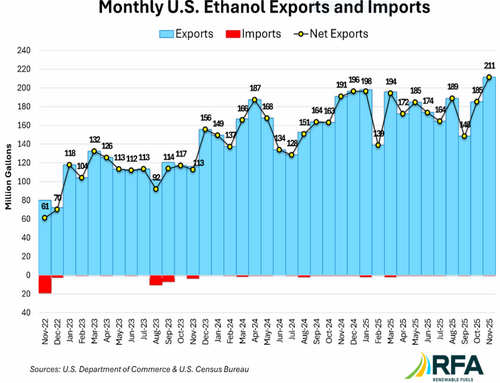by Jackie Linden, Feed Strategy magazine
At its recent global meeting, members of the World Organisation for Animal Health (WOAH) adopted an African swine fever (ASF) vaccine standard as a means to control the disease.
Agreement was reached at the organization’s 92nd General Session in Paris last week.
ASF control is within reach, according to WOAH. Combined with known control measures, high-quality, effective vaccines have the potential to reduce significantly the impacts of the ASF virus on animal health and people’s livelihoods.
Key elements of the new standard are that vaccines are of high quality, and proven to be effective and safe.
Previously, the organization had confirmed its support for innovation in vaccine development. However, it warned that poor quality or non-compliant ASF vaccines may exacerbate the disease situation. This could lead to further spread of the virus, and facilitate the development of new virus strains that could be harder to detect.
To comply with the new standard, evidence will be required of vaccine efficacy, including in terms of reducing the severity of symptoms and further transmission of the virus. Furthermore, it will need to increase the animal’s immunity to infection, and minimize production losses.
On safety, future ASF vaccines must be proven not to cause long-term or severe clinical symptoms, or adversely impact the environment, or contain wild-type ASF viruses.
Last but not least, the standard states that vaccines must match the ASF virus genotype circulating in the vaccination area.
WOAH stresses that vaccination alone — even if its meets these international standards — will not be enough to control ASF. Also required are high levels of biosecurity, controls over animal movements, and import restrictions.
Responsibility for the decision of whether to vaccinate lies with the veterinary authority, the body states. This will need to take account of the disease situation in the area, as well as the availability of financial and human resources for administering the vaccine and post-vaccination surveillance.
Disease developments in Southeast Asia
So far this year, cases of ASF have been detected in 32 provinces/districts of Vietnam. This is according to the Bac Giang provincial authority, citing data from the Department of Animal Health at the end of May. More than 6,800 swine have been destroyed over this period.
For this province — in the North East region — the risk of further infections is particularly high due to the recent onset of hotter weather.
Meanwhile, the virus re-emerged in mid-May in the North Central Coast province of Quang Binh. This came after a hiatus since the start of 2025, reported BaoQuangBinh.
Swine owners are being urged to increase biosecurity, and local authorities to implement a vaccination program and raise ASF awareness. More than three-quarters of the province’s 250,000 pigs are kept in small herds, which increases the risk of the infection spreading further.
In the Philippines, a state of emergency has been declared as a result of ASF in Borongan city, according to the official Philippine News Agency. Among other implications, the declaration allows for financial assistance to be offered immediately to affected pig owners. Animal disease checkpoints have been set up in the area.
The city is located in Eastern Samar, a province in the Eastern Visayas region.
There are also ongoing ASF outbreaks in the regions of Central Luzon and Calabarzon on the island of Luzon, and in Central Visayas, reports the Department of Agriculture’s Bureau of Animal Industry. Worst affected in terms of the number of infected communities continues to be Bohol, a province in the latter region.
In Malaysia’s Selangor state, wild boar have tested positive for the ASF virus for the first time, according to New Straits Times.
The virus was detected in six carcasses in the state, which is in Western Malaysia.
This year, there were a series of outbreaks involving domestic pigs in Selangor, directly affecting many thousands of animals.
ASF news from other Asian countries
In the southwest Indian state of Karnataka, TheHansIndia reports that the presence of the ASF virus has been confirmed.
This came after clinical signs at a pig-rearing center in the district of Bagalkot. This is a hub for pig transportation for Kerala and Tamil Nadu, as well as to other districts of Karnataka. On confirmation of the infection, movement restrictions were put in place at the infection site, and within a radius of 10 kilometers.
Meanwhile, in Assam in the northeast of India, the pig industry association is calling for a ban on the transportation of swine from other states.
The call is based on the heightened risk of ASF transmission as a result of these movements, reported Sentinel Assam last week.
At the WOAH General Assembly, Chinese Taipei (Taiwan) was officially recognized as free of another devastating disease of pigs, classical swine fever.
This makes the territory the only one in Asia to be free of all three of the most severe swine viruses, reports Focus Taiwan. The island was previously declared free of ASF and foot-and-mouth disease without vaccination.
New ASF cases in domestic pigs in 3 European states
To read the entire article click here.


